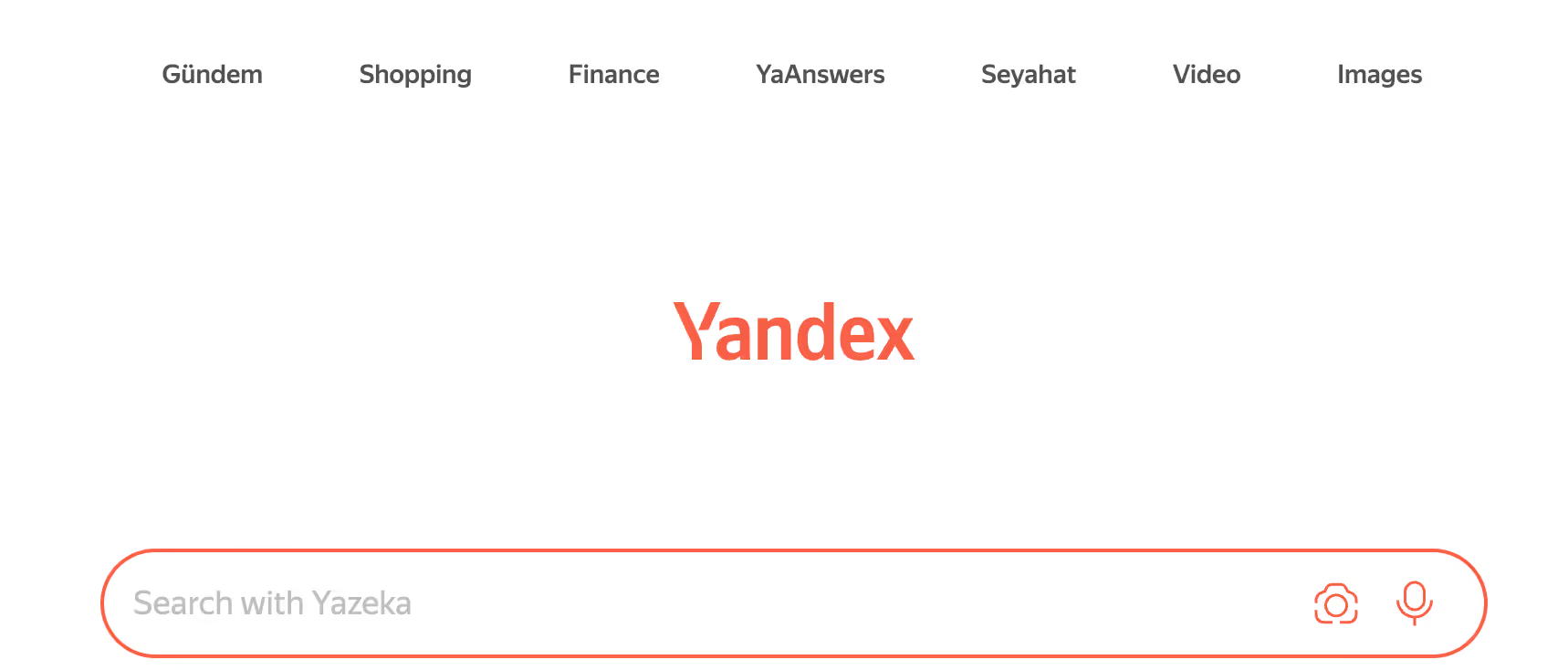An international search engine is a platform that holds a dominant or significant market share in a specific country or region, often outperforming Google within that geographical area. While Google is a global giant, these local titans are deeply integrated into the culture, language, and digital ecosystems of their home markets, making them the preferred choice for billions of users.
For a business, understanding and targeting these platforms is the difference between success and failure in global markets. Relying solely on a Google-centric SEO strategy for a launch in China or Russia is like trying to open a shop in a new country without learning the local language. You'll be invisible.
International search engines matter for three key reasons:
- Market Access: They are the primary entry point to massive economies where Google has a minimal presence.
- Cultural Relevance: Their algorithms are often better tuned to local languages, dialects, and cultural nuances.
- Ecosystem Integration: They are typically part of a larger digital ecosystem that includes e-commerce, social media, maps, and payment services, offering deep integration opportunities.
The Global Titans: Key International Search Engines You Must Know
Let's explore the dominant players in key international markets.
1. Baidu: The Gateway to China
With over a billion internet users, China represents an enormous market. Baidu is not just the leading search engine here; it's an institution, commanding over 70% of the search market share.
- Why it dominates: Baidu's algorithm is unparalleled in its understanding of Mandarin and its complex character sets. Furthermore, it strictly adheres to the Chinese government's censorship and content regulations, a requirement for operating in the country.
- Strategic Insight: To succeed on Baidu, you must host your website in China, obtain an ICP (Internet Content Provider) license, and ensure your content is written in simplified Mandarin. A generic digital marketing strategy will not work here; deep localization is mandatory.
2. Yandex: The Powerhouse of Russia and the CIS
In Russia and many neighboring Commonwealth of Independent States (CIS) countries, Yandex is the king. It holds over 60% of the Russian search market share, making it more popular than Google. Like Baidu, Yandex is a complete ecosystem with its own advertising, analytics, maps, and cloud services.
- Why it dominates: Yandex excels at interpreting the complexities of the Russian language and the Cyrillic script. Its algorithm also places a heavy emphasis on user behavior metrics and geo-targeting for its local audience.
- Strategic Insight: If Russia is your target market, optimizing for Yandex is essential. This includes submitting your site to Yandex Webmaster Tools and focusing on providing a great user experience for Russian-speaking visitors.

3. Naver: South Korea's All-in-One Digital Portal
South Korea is one of the most technologically advanced countries in the world, and its digital landscape is dominated by Naver. It functions less like a traditional search engine and more like a curated portal. A search on Naver returns results blended from its own properties, including Naver blogs, Naver Cafe (forums), Naver Knowledge iN (a Q&A platform), and news sources.
- Why it dominates: Naver provides a trusted, curated, and integrated experience for Korean users. It prioritizes its own content ecosystem, which users find highly reliable.
- Strategic Insight: Ranking on Naver requires a different approach. You can't just optimize your website; you must create a presence within Naver's ecosystem by starting a Naver Blog or participating in Naver Cafes.
The Global Alternatives and Privacy Champions
Beyond the regional giants, there are other important players to consider.
4. Bing: The Consistent Global Challenger
While a distant second to Google globally, Microsoft's Bing is a significant player, particularly in the United States and the United Kingdom. It is the default search engine for the Windows OS and Edge browser, giving it a substantial built-in user base.
- Strategic Insight: Bing's audience often skews slightly older and more affluent. For many businesses, advertising on Bing can offer a higher ROI due to lower competition compared to Google Ads. A truly effective SEO strategy should account for Bing's market share.
5. DuckDuckGo: The Champion of Privacy
DuckDuckGo has carved out a significant niche by focusing on one thing: user privacy. It does not track your searches, create user profiles, or personalize results based on your past behavior. This commitment has made it the go-to search engine for privacy-conscious users worldwide.
- Strategic Insight: DuckDuckGo pulls its results from a variety of sources, including its own crawler and partners like Bing. A strong presence on Bing can often translate to better visibility on DuckDuckGo.
Which Search Engine Is The Best?
Conclusion: Think Global, Optimize Local
The world of search is far bigger and more diverse than just Google. For any company with international ambitions, understanding and respecting the power of international search engines is the first step toward genuine global reach.
Success is no longer about having a single, one-size-fits-all SEO plan. It’s about recognizing that the digital center of gravity shifts from one country to another. By tailoring your approach, localizing your content, and optimizing for the platforms that local users actually trust and use every day, you can unlock markets and growth opportunities that your Google-focused competitors will never see.










